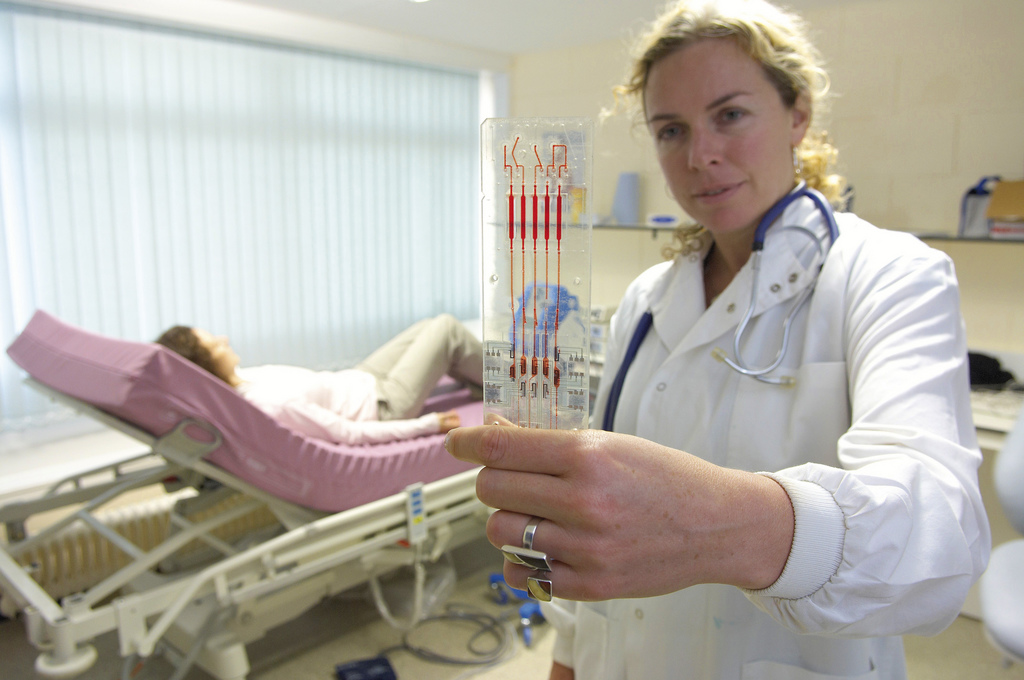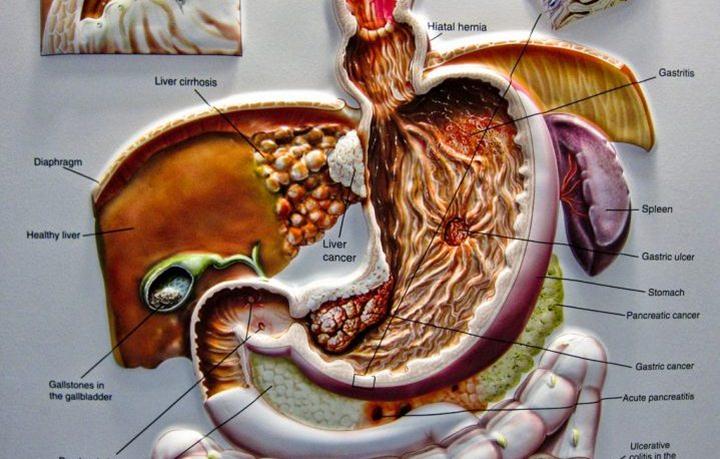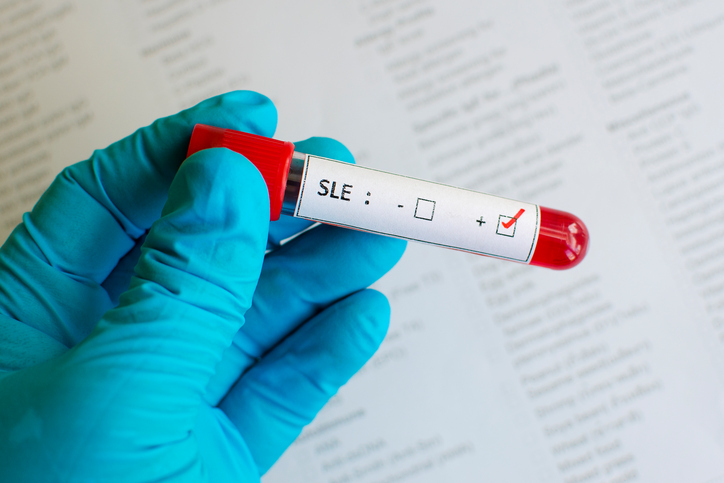Lupus is a chronic disease that causes the immune system to attack its own organs and tissues. The inflammation can affect most any part of the body including the kidneys, skin, heart, and/ or lungs. Lupus symptoms are similar to other illnesses and therefore it can be very hard to get a definitive diagnosis. Some people are born prone to the disease while others develop it later in their lives.
What are the Causes of Lupus?
The cause of lupus is generally unknown and seems to differ in pretty much every patient. It seems that it is a reaction between your genes and your environment though there is no telling what exactly is a specific person’s trigger. The most common triggers are believed to be
- Sunlight – it can bring on skin lesions or an internal response.
- Medication – anti-seizure meds, blood pressure meds, and even antibiotics can be to blame for an occurance of lupus though luckily, most people see the symptoms disappear once they have stopped taking the particular medication.
- Infection – any kind of infection can trigger someone to develop lupus symptoms or indeed suffer a relapse.
Top 3 Signs or Symptoms of Lupus/ Top 3 Signs or Symptoms of Rheumatoid Arthritis
- Joint pain, stiffness, and swelling are the top signs of lupus. Thus rheumatoid arthritis and lupus are often misdiagnosed as the other one. However, rheumatoid arthritis and lupus treatments differ so it is important to differentiate. Swelling and pain in joints, fatigue, listlessness, and fever are also symptoms common to both auto immune diseases. While lupus does cause joint pain it does not cause deformity like rheumatoid arthritis. Lupus attacks your internal organs as well though so it’s important to find the distinction between them. Lupus is life threatening.
- Butterfly rash across the face and nose is big for lupus symptoms. There can also be a rash upon sunlight exposure.
- Fever without a cause. You have to be careful with this one again, because it is also a symptom of rheumatoid arthritis
What is the Difference between Rheumatoid Arthritis and Lupus?
As we have discussed previously, joint pain and swelling and fever are common to both. With rheumatoid arthritis the joint pain starts in the morning and usually fades throughout the day while lupus will have pain throughout the day. This can help be a determining feature when diagnosing. Also the rashes are a big tip off sign for lupus. Other lupus symptoms include mouth or nasal sores, and lung or heart lining inflammation indicated by sharp chest pain. Lupus can also cause nervous system and brain problems. Headaches, vision problems and even seizures and psychosis are on the table. Trouble thinking, memory problems and confusion can indicate lupus symptoms.
Diagnosing Lupus
Diagnosing lupus can really be challenging. This is because there are a number of signs you can develop that could indicate that you have lupus. Apparently, there is no any test that can completely diagnose lupus. However, there are different tests that can be done in combination with one another to confirm whether you are suffering from lupus and how it is progressing. It is actually a chronic disease that can affect any system within our bodies. Since the symptoms are very broad it is generally hard to diagnose the disease.
Available Testing For Lupus
- Anti-dsDNA Test
This is the kind of protein attached to the DNA. DNA is very important as it is what is responsible for genetic coding that keeps your body working. Between 70% and 95% of those who are affected by lupus have these proteins inside their bodies. Unfortunately, having this indicates that a person is more likely to suffer from lupus. If this is detected early, it can help prevent many issues with the kidney.
- Antinuclear Antibody (ANA) Test
If you have active lupus inside your body, you will definitely have ANA as well. Ideally, this is among the best testing procedures that many doctors are using. More so, this test can be used to assess the exact type of lupus that an individual has thereby, allowing for specialized treatment. This test cannot be performed alone since those who do not have lupus have ANA. To confirm the diagnosis, it is important that it be used with other tests.
- Antiphospholipid Antibodies (APLs) Test
Approximately 60% of those who suffer from lupus have APLs, hence, this is a very important test that can be used to confirm whether an individual has lupus or note. It can be used to confirm the suspicions especially if the person is believed to have lupus. Besides, it can also be applied if a person is suffering from lupus that can be prevented. However, to arrive at conclusive results, this test cannot be done alone.
- Anti-Sm Test
This protein is often found inside the nucleus. It is often common inside the bodies of those who suffer from lupus. This means you can do a test to detect an antibody produced by doing an Anti-Sm Test.
Lupus Treatments
The lupus treatment course for you depends on your symptoms – as there are no uniform symptoms, there are no uniform treatments. Treatment options should always be discussed with your doctor.
- NSAIDs (nonsteroidal anti-inflammatory drugs) – over the counter drugs such as ibuprofen can treat pain and swelling though stronger drugs are available on prescription. These drugs can cause other issues though including kidney problems.
- Corticosteroids – these too help with inflammation () but come with greater, long-term risks including osteoperosis, weight gain, high blood pressure, and diabetes. The longer the therapy with these drugs the worse the side-effects can become.
- Antimalarial Drugs – drugs that are usually prescribed for malaria patients can help alleviate the pain and other symptoms of lupus though come with side effects such as vomiting, and can even end up damaging the retina in your eye.
- Immunosuppressants – drugs that supress your immune system can help releive lupus symptoms though carry big risks too – they increase your potential for liver damage, and infection and can cause a decrease in fertility in some people.
The are also alternative lupus treatment options to research and consider.
Final Thoughts
There are many tests that can be done to confirm whether one has lupus or not. To absolutely confirm the disease you should perform many tests. Once the diagnosis has been done treatment plans can be commenced. To treat lupus, there are a variety of prescription options however in the most recent past the outlook has been negative.
In case you are experiencing unusual points of pain in your joints or you are just generally unhappy, you should ask your doctor to test you for lupus. For instance, if you have a queer skin lesion this is a very good place to start. You can get a qualified doctor to perform a biopsy test. Remember, lupus is always different from every individual. The sooner you find out whether you are suffering from lupus the better.
Featured Image: Thinkstock/ Central IT Alliance
Source: Alot







